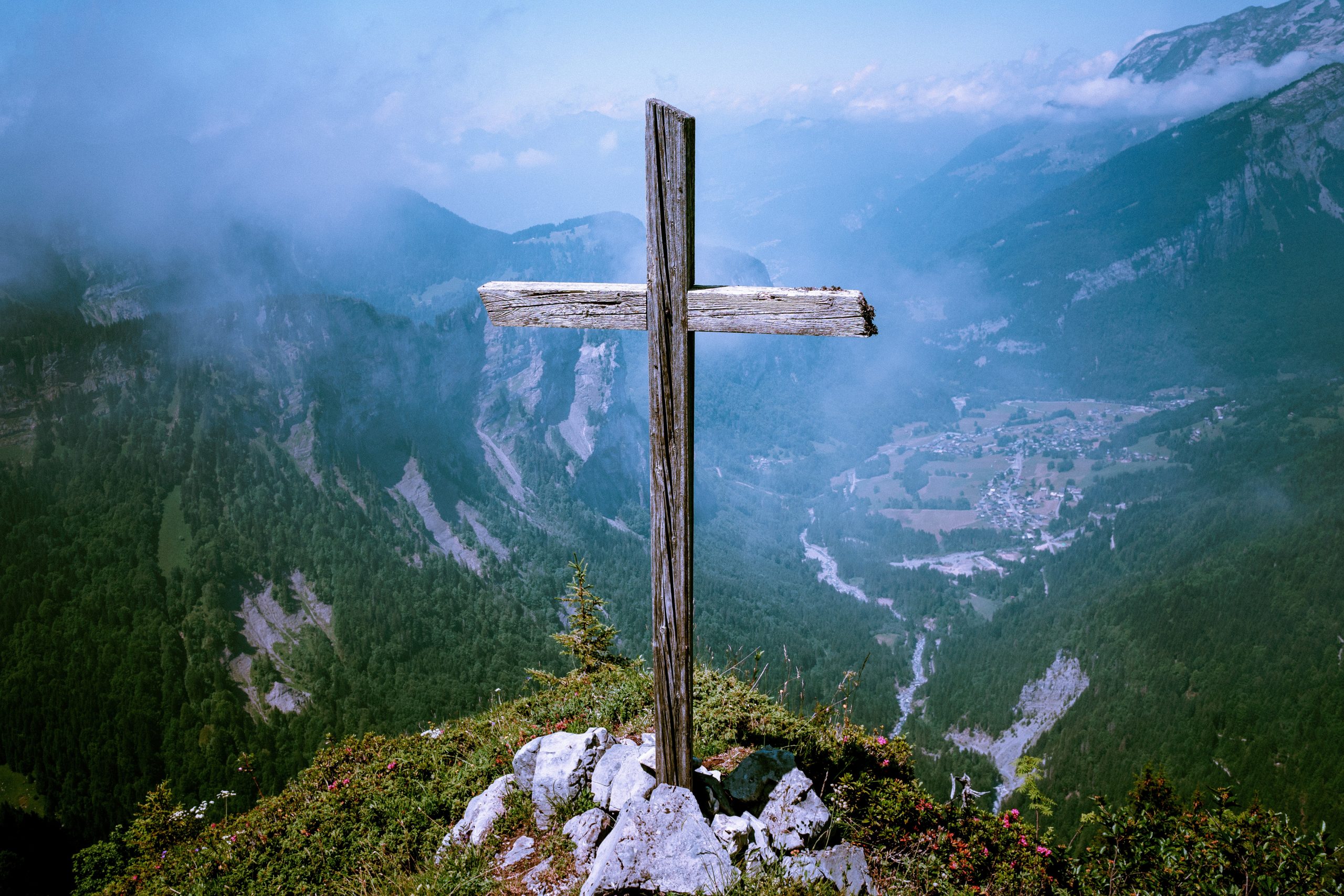By Marianne Comfort, Institute Justice Team
The presentations were both alarming and numbing in their similarities.
Speaker after speaker at a March conference in preparation for the Vatican’s Synod on the Amazon next fall shared experiences of deforestation caused by logging, mining, oil and gas exploration, cattle grazing, and commercial palm oil plantations. They were from South America, the Congo Basin of Africa, the islands of the Philippines and Indonesia, and other regions critical to the planet’s survival.
The words of church and indigenous leaders, and even more so the distress in their voices, come back to me as we celebrate Earth Day and the 2019 theme of protecting species.
At the conference, titled “Integral Ecology: a Synodal response from the Amazon and other essential biomes for the care of our common home,” we heard again and again that the world’s rainforests, especially the Amazon, are the Earth’s lungs, breathing in carbon dioxide and breathing out oxygen to keep our climate stable. The Amazon region also is the richest, most complex geological region on the planet, containing one-third of the world’s biodiversity as well as half the species that have so far been discovered.
But we’re quickly losing that rich biodiversity, both in the Amazon and around the world, to our peril.
“A sober look at our world shows that the degree of human intervention…is actually making our earth less rich and beautiful, ever more limited and grey,” Pope Francis wrote in his encyclical Laudato Sí. “Because all creatures are connected, each must be cherished with love and respect, for all of us as living creatures are dependent on one another.”
We don’t know which plants that have been destroyed, never to grow again, might have held the key to life-saving medicines, or how the ecological balance of an entire region might be thrown off by the extinction of insects.
Organizers of the conference invited the first protectors of our land, water and living creatures into dialogue with church leaders.

“The church must pray and the church must act,” Gregorio Diaz Mirabal, president of a coalition of indigenous groups in the Amazon region, demanded.
He and others challenged the church to divest from international corporations that are exploiting land and natural resources and invest instead in local communities’ development projects. They pleaded for church leaders to vocally support environmental and human rights defenders criminalized for protesting extractive industries.
They also offered to the church and the wider world the gifts of their centuries-old knowledge and wisdom in addressing climate change, preserving biodiversity and defining a true “good life.”
To join in solidarity with these leaders, please consider taking these actions between Earth Day and the start of the Synod on the Amazon on October 6:
- Reading the preparatory document for the synod, which explores some of the issues to be addressed, such as land use, biodiversity and the rights of indigenous people.
- Praying for church leaders at the synod to have open minds and hearts and to respond to the needs of the region.
- Reducing the amount of meat, especially beef, in your diet given that cattle ranching is the leading cause of deforestation in Brazil’s Amazon region.